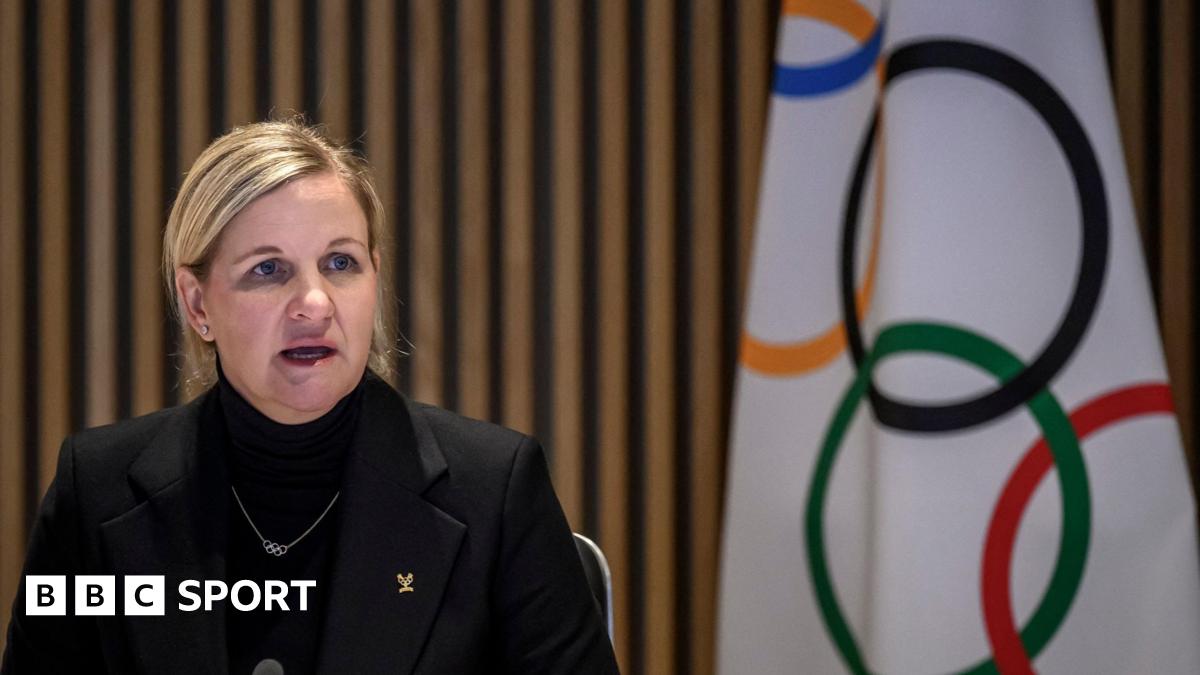International Olympic Committee wants ban lifted for Russia & Belarus youth athletes
“The summit supported the IOC EB’s recommendation that youth athletes with a Russian or Belarusian passport should no longer be restricted in their access to international youth competitions, in both individual and team sports,” said an IOC statement issued about the summit meeting., external
“The summit participants committed to take these discussions back to their organisations for their consideration. It was recognised that implementation by the stakeholders will take time.
“In addition, the standard protocols of the international federation (IF) or the international sports event organiser regarding flags, anthems, uniforms and other elements should apply, provided that the national sports organisation concerned is in good standing.
“The above principles should apply to the Dakar 2026 Youth Olympic Games, and are recommended for adoption by all IFs and international sports event organisers for their own youth events.”
It added: “With its considerations today, the Olympic Summit recognised that athletes, and in particular youth athletes, should not be held accountable for the actions of their governments – sport is their access to hope, and a way to show that all athletes can respect the same rules and each another.”
The statement added that while Russia should still be barred from hosting international events, “this recommendation no longer applies to Belarus”.
The move follows nine Russian and Belarusian athletes being granted permission to compete in qualifying events for next year’s Winter Olympics as neutral athletes following the Court of Arbitration for Sport overturned a ban.
